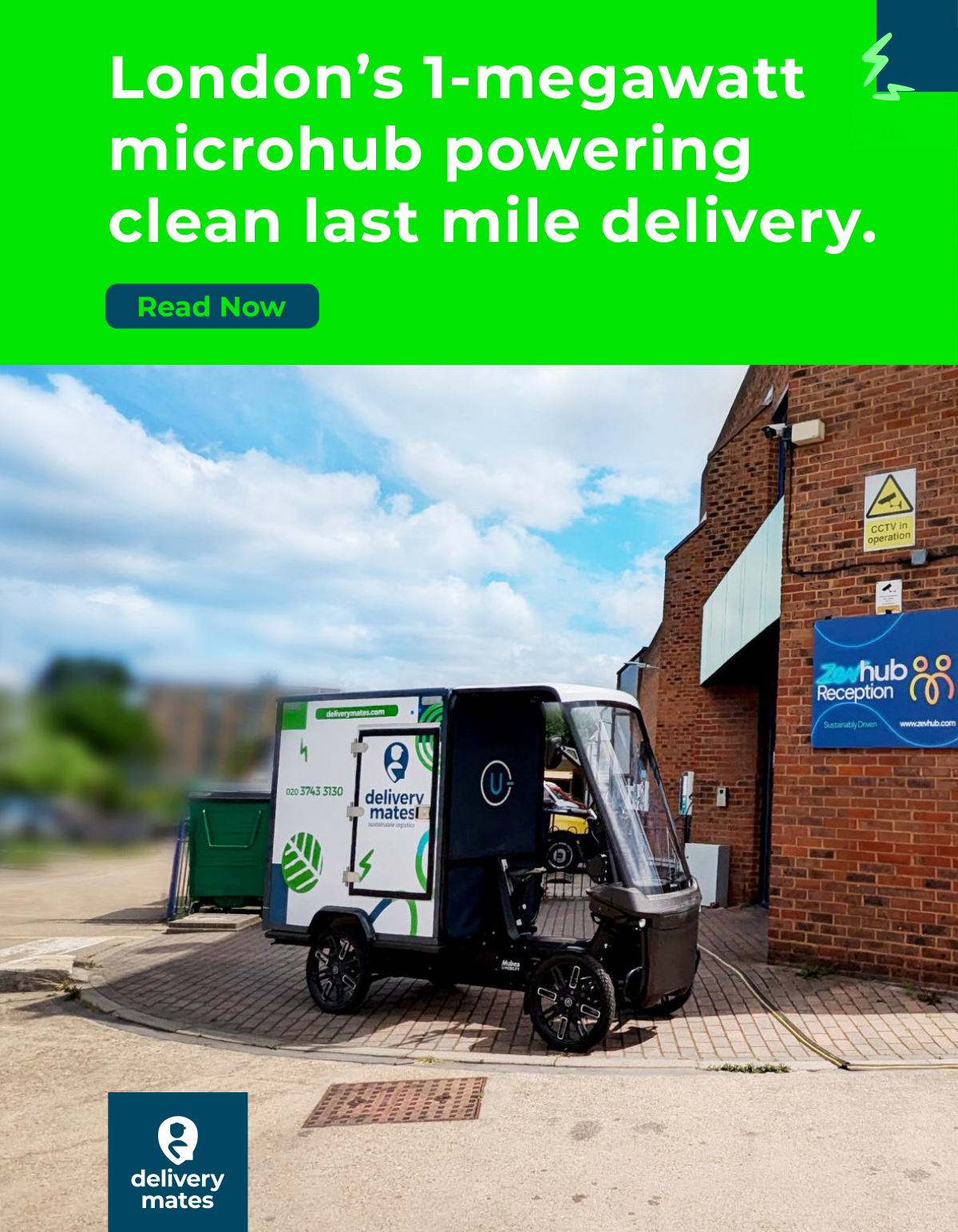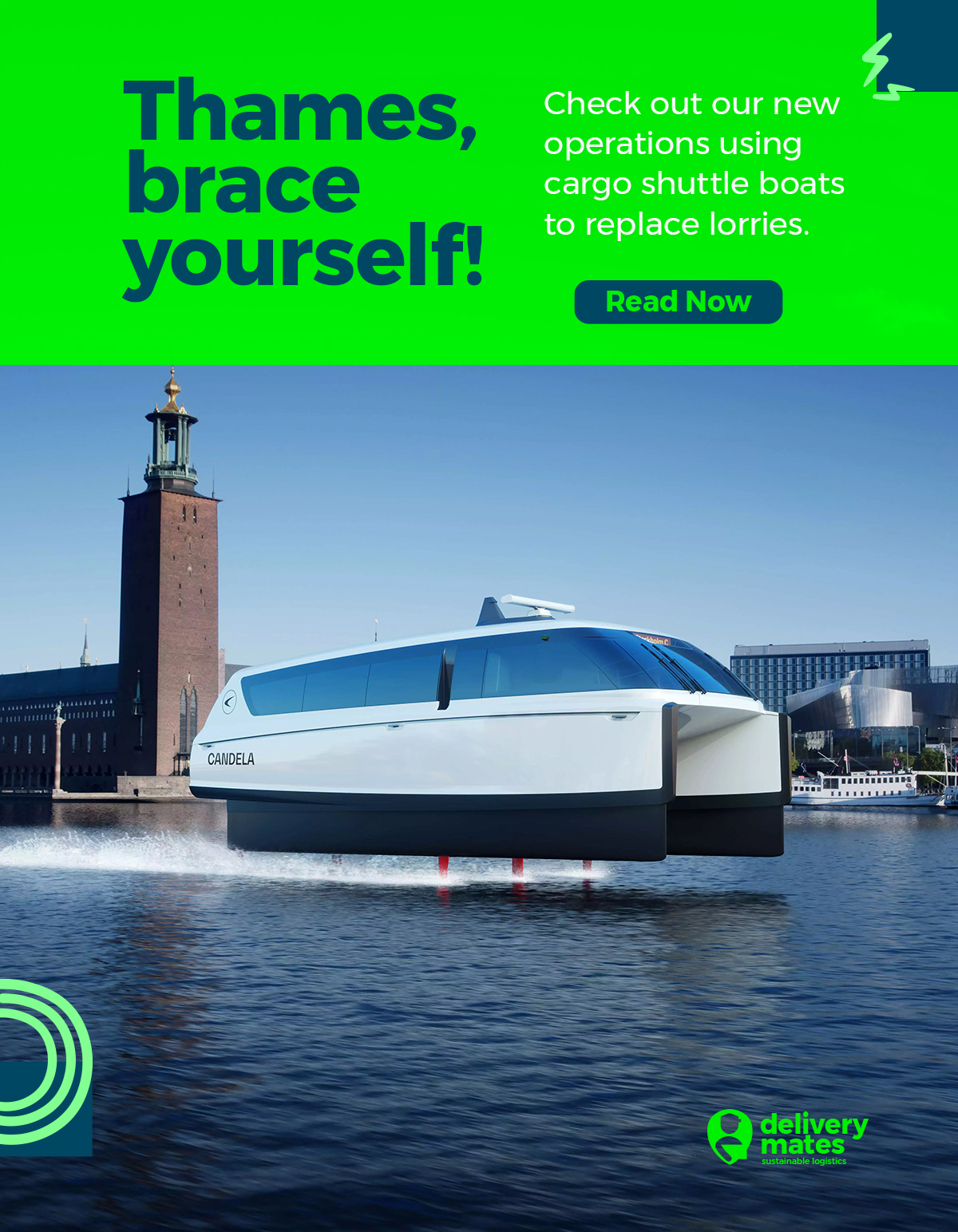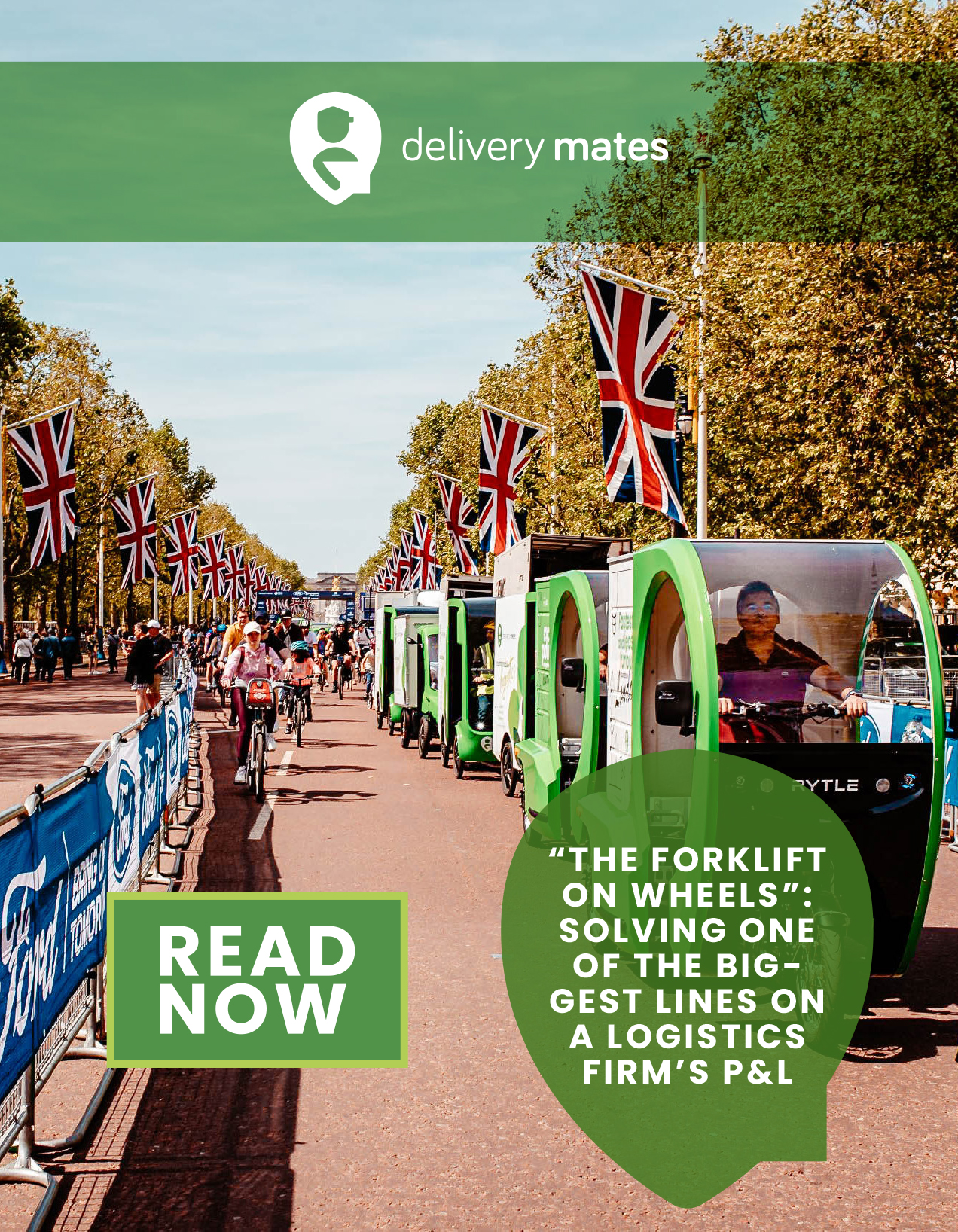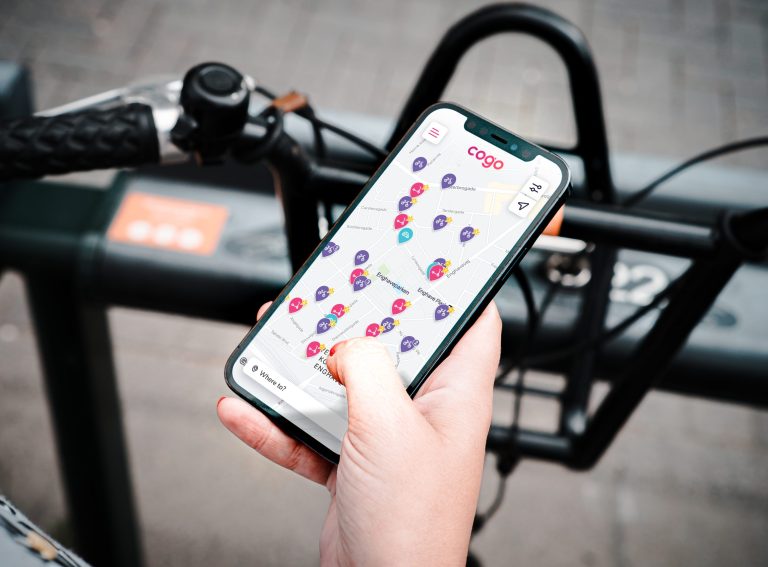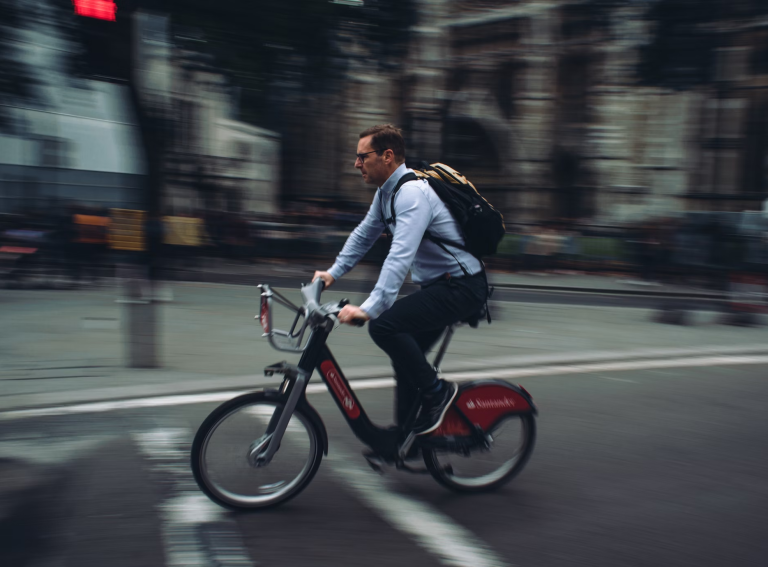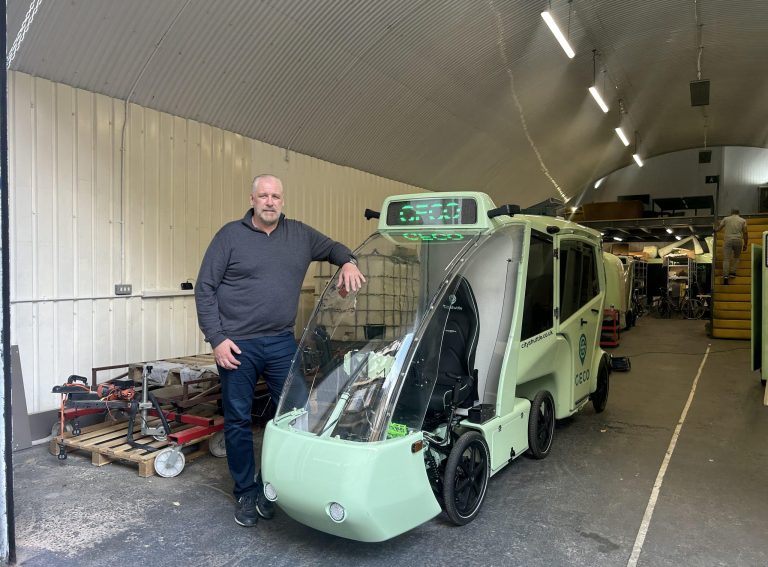Research from the International Energy Agency found that shared micromobility schemes spiked across Europe during the second half of 2020.
As of February this year, the IEA calculated that around 650 cities now have shared micromobility options.
Since the start of July last year, 270 cities worldwide relaunched rental schemes that had been suspended during the height of the COVID-19 pandemic, while 100 cities added shared e-scooter schemes.
The average journey length on an e-scooter also increased by 25 per cent following the end of the first lockdown, while the report said that operators expected to this trend to continue with increased popularity of e-bikes and e-mopeds.
The IEA put the spike down to both the end of the first COVID-19 lockdown across much of Europe, in addition to the construction of bike lanes and other measures to promote mobility.
The research formed part of its “Trends and developments in electric vehicle markets” report, published earlier this year.
Following the publication of the report, George Symes, UK Regional Manager at Neuron Mobility, told Zag that micromobility could play an important role in the recovery from the COVID-19 pandemic, and highlighted areas where Neuron had acted to help NHS and key workers.
“It is great to see how popular e-scooters have become in cities across the world. In many cases their adoption has been accelerated by the outbreak of the pandemic,” they said.
“E-scooters have taken pressure off public transport and provided a socially-distanced alternative for essential workers and those that had to travel during the lockdowns.
“Following the outbreak of COVID-19, Neuron continued to support local communities in all of the cities we operate in. Since launching in the UK, we have accumulated well over 500,000 trips and offered over 2,000 free passes to NHS and emergency service workers.
“As cities recover from the pandemic, we are providing a much needed boost to local economies and in the UK over 55 per cent of all rides have resulted in a purchase at a local business. We are also proud to be supporting cities’ sustainability goals, by reducing car congestion and carbon emissions. Around 40 per cent of trips on our e-scooters have directly replaced one that would have otherwise been made in a car, and this has led to significant Co2 savings.”
Phil Ellis, CEO at shared e-scooter operator Beryl, added: “As these figures show, the COVID-19 pandemic has led to a short-term boom in the adoption of micromobility with people seeking healthy and socially distanced travel.
“This has also precipitated a policy shift from governments which we hope will embed lasting positive change. Shared e-bike and e-scooter schemes such as ours enable more people to access sustainable and enjoyable transport options.”
Electric micromobility – like ⚡️ bicycles & scooters – surged in the second-half of 2020.
— International Energy Agency (@IEA) August 31, 2021
Many shared operators reduced services during #Covid19 lockdowns. But as restrictions eased, the sector rebounded strongly, with 270 cities relaunching operations: https://t.co/JkJYbOjj7Z pic.twitter.com/t0vaXrcQw2

